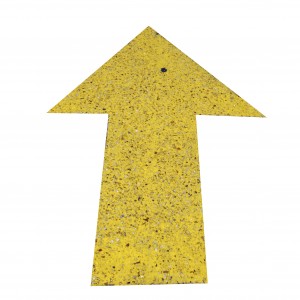Should I file a Chapter 7 or a Chapter 13 bankruptcy?
 In the Eastern District of Louisiana, half of the cases filed are Chapter 7s and half are Chapter 13s. Whether you file a Chapter 7 or a Chapter 13 case will depend on your goals for the bankruptcy and whether the law allows you to file a Chapter 7. Under the Bankruptcy Reform Act of 2005, Congress felt that too many debtors who had the means to pay their creditors were taking advantage of the Chapter 7 liquidation. Under the current law there are income limitations, the “Means Test”, which force certain higher income families to file a Chapter 13, when they would rather file a Chapter 7 bankruptcy.
In the Eastern District of Louisiana, half of the cases filed are Chapter 7s and half are Chapter 13s. Whether you file a Chapter 7 or a Chapter 13 case will depend on your goals for the bankruptcy and whether the law allows you to file a Chapter 7. Under the Bankruptcy Reform Act of 2005, Congress felt that too many debtors who had the means to pay their creditors were taking advantage of the Chapter 7 liquidation. Under the current law there are income limitations, the “Means Test”, which force certain higher income families to file a Chapter 13, when they would rather file a Chapter 7 bankruptcy.
I generally recommend looking at a Chapter 7 first. A Chapter 7 is cheaper, faster and imposes less restrictions on the debtors. A typical Chapter 7 will be over in four to five months, whereas a Chapter 13 lasts from 36 to 60 months. During that time the Chapter 13 debtors will not be able to use credit cards, will have to turn over each year’s income tax rebates and to make payments each month to the bankruptcy trustee.
A Chapter 13 is the only choice when the debtor wants to save a home or vehicle from foreclosure, because it allows the arrearage, the past-due monthly payments, to be paid over the term of the bankruptcy. Note, the current monthly payments on the home or car which come due after the filing date of the bankruptcy will also have to be paid timely. It may be cheaper initially to file a Chapter 13 than a Chapter 7, as part of the Chapter 13 fee is usually deferred over the term of the bankruptcy, but because of the amount of work involved the total Chapter 13 fee is higher.
A completed Chapter 7 and Chapter 13 bankruptcy has the same successful result- the debtor gets a discharge.
